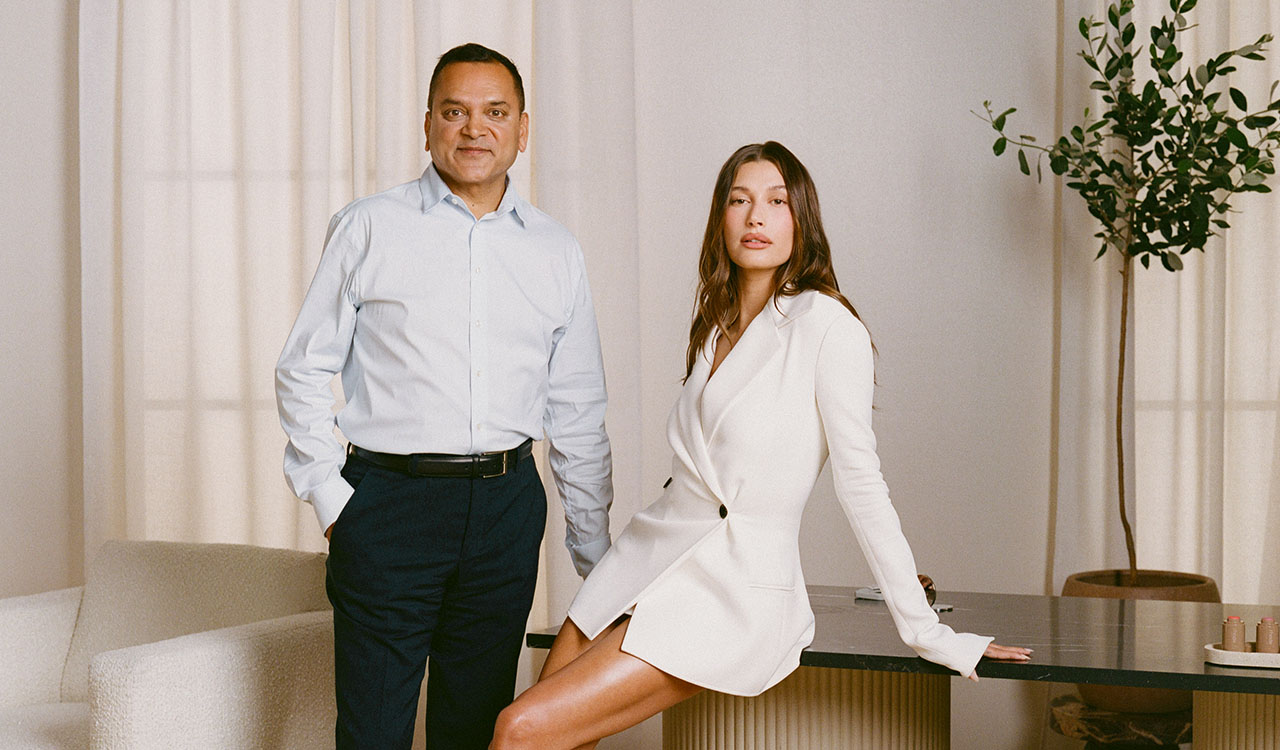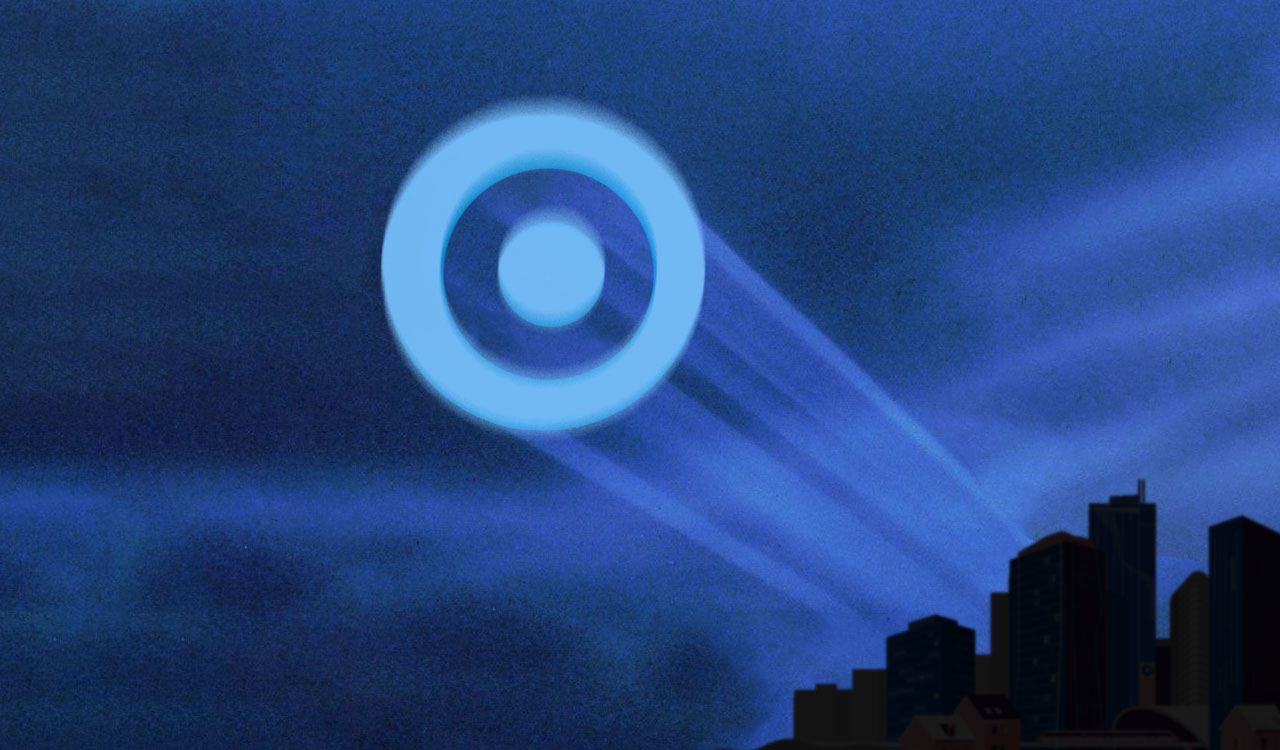In the latest round of beauty brand acquisitions, it’s clear that the once mighty – and groundbreaking – have fallen.
Just six years ago, L’Oréal sold The Body Shop to Brazil-based Natura & Co. for $1.1B. Considering L’Oréal bought it directly from the now deceased founder Dame Anita Roddick $1.14B in 2006, it didn’t get hammered too hard in the sale to Natura. After all, $40M is pretty much chump change to the world’s biggest beauty company.
A key mistake for the Body Shop was a lack of innovation and evolution. Sure, when it made its debut in the 70s, its cleaned-up hippie vibe and signature products such as strawberry body butter and white musk fragrance completely resonated with consumers. But as the competitive steam picked up, The Body Shop didn’t keep pace, missing out on huge recent trends like contouring sticks, lip kits and palettes.
The Body Shop, a Shadow of Its Former Self
Still, with The Body Shop’s recent sale price and solid downward trajectory, it’s abundantly apparent the bloom is off this British rose. And one must wonder how Aurelius sees a path forward with a brand neither L’Oréal nor Natura wanted to keep on its books.
For its part, the Munich-based private equity firm released a statement sharing that it feels it now has an “opportunity to reenergize an iconic global and personal care brand” recognized the world over. Surely Natura is banking on this; under the terms of the deal with Aurelius, there’s an $111.4M earn-out headed its way if the brand meets designated performance targets within five years of the deal’s closure, which is expected by the end of 2023.
One of Beauty’s Few True Innovators
Aurelius, which specializes in “corporate carve-outs” that have yielded such diverse acquisitions as edgy streetwear brand Footasylum and airline catering giant LSG Sky Chefs, has its work cut out for it with The Body Shop.
And that’s a true shame. Unlike literally hundreds of beauty brands that followed in its wake, The Body Shop actually stood for something. In fact, it profoundly changed the cosmetics industry in myriad ways. Launched in 1976 with a tiny little store in Brighton awash in pine green paint, it pioneered three key pillars: ethical sourcing, natural ingredients and zero animal testing.
In other words, The Body Shop was the poster child for all those now-trendy, often-nebulous “C” words – “clean,” “conscious” and “cruelty-free” — decades before any other beauty brands.
All (Rocky) Roads Lead to Retail
Like Kiehl’s, and, to a lesser extent Aesop, The Body Shop is both a brand and a retailer. Headquartered in London, it currently has 2500 stores, with a mix of company-owned and franchises that are staffed by some 7,000 employees in close to 70 countries.
Although it sells its products at Ulta and on ulta.com, and directly to consumers on its own website, the bulk of The Body Shop’s bread and butter is generated in its stores. And given the fact that a lot of those stores, at least in the U.S., are in dying malls, this particular brand acquisition starts to make even less sense.
Keeping a fleet of stores up and running is fiscally challenging in the best of times. Factor in greatly diminished foot traffic, and it becomes all but impossible. Of course, if consumers were clamoring to buy the products on The Body Shop’s shelves, all this wouldn’t be as much of a problem. In its early years, when the competition on the retail front was a lot less fierce, The Body Shop enjoyed an excellent run, fueled by both the halo effect of its company values and its compelling mix of playful, brightly-hued soaps and body washes.
But once competitors from multi-brand powerhouses like Sephora and Ulta to single-brand, ethics-driven and natural-leaning interlopers like L’Occitane and Lush started entering the stand-alone store scene, The Body Shop began its precipitous descent.
What Else Went Wrong with The Body Shop?
Once you start digging around and reading the tea leaves, it’s easy to see how the downfall of The Body Shop unfolded. For starters, how could a brand based on a key pillar of no animal testing align itself with L’Oréal, which has held a prominent position on PETA’s “do test” list for decades? While the French beauty behemoth has made major strides on this front in recent years, according to PETA, L’Oréal is still ineligible for its cruelty-free list because some of the products it sells in China are required by law to be tested on animals.
Even if The Body Shop baked “no animal testing” into its initial acquisition agreement, L’Oréal owned the brand for 11 years, from 2006 to 2017, a block of time in which the Chinese market exploded.
Another key mistake for the brand was a lack of innovation and evolution. Sure, when it made its debut in the 70s, its cleaned-up hippie vibe and signature products such as strawberry body butter and white musk fragrance completely resonated with consumers. But as the competitive steam picked up, The Body Shop didn’t keep pace, missing out on huge recent trends like contouring sticks, lip kits and palettes.
Of course, one could argue that makeup isn’t a core category for The Body Shop. But when it was owned by L’Oréal, the clear master at incredible makeup at every price point, couldn’t they have figured it out and met the moment? Or, hello, take a page from Glossier’s book and mine the “no-makeup makeup” look?
Come on, people. This isn’t rocket science.
With Renewed Focus, Are Brighter Days Ahead?
While the immediate future for The Body Shop is probably not especially bright, there’s every chance the 47-year-old brand will benefit from dedicated focus and attention by new owner Aurelius. After all, cash-strapped Natura has had its hands full of late, prepping for its sale, earlier this year, of Aesop to L’Oréal for a staggering $3.7B.
Nothing if not ambitious, Natura also snapped up Avon in 2020, just a few years after acquiring The Body Shop. With a portfolio comprising Aesop, The Body Shop, Avon, and its own signature Natura brand, it had aspirations of becoming the world’s fourth-largest pure-play beauty group.
But aspirations don’t always come to fruition, particularly when running retail stores is such a costly endeavor and the competition in beauty is ever more fierce. The hope is that Aurelius, which prides itself on its operational chops and has no other cosmetics brands in its portfolio, will be able to right the Body Shop ship. With rigor, discipline, and a faster reaction to trends, there’s hope for this beloved, iconic, British brand.




